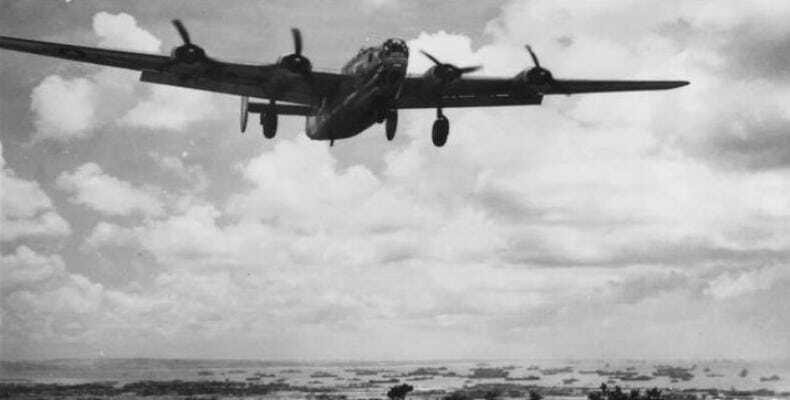Washington, January 12 (RHC)-- The United States launched massive attacks on mainland Japan after seizing the island of Okinawa toward the end of World War II, dropping around 7,000 tons of bombs, a new analysis of U.S. documents show.
More than 65 locations in 13 prefectures in southwestern and western Japan were targeted by US forces from Okinawa in 1945, according to an analysis of more than 10,000 pages of declassified military documents conducted by Kanto Gakuin University professor Hirofumi Hayashi, who specializes in contemporary history.
According to the documents, which were found at the U.S. National Archives, 7,000 tons of bombs were dropped on the Japanese mainland by U.S. forces in the last three months of the war alone. The Japan Times revealed the findings in a report published on Monday. The documents show that U.S. troops landed on a small group of islands west of Okinawa’s main island in March 1945, starting a fierce three-month ground battle.
On May 13, U.S. military aircraft flew from Okinawa’s Yomitan airfield to bomb a small island to the north. Four days later, two U.S. warplanes that took off from Okinawa conducted an attack on Kyushu for the first time. The analysis helps clarify the overall picture of how the U.S. military attacked the mainland from Okinawa, said Masahiko Yamabe, a researcher at the Center of the Tokyo Raids and War Damage, a museum related to World War II in Tokyo.
The documents analyzed also refer to civilian casualties. For example, a U.S. Army document describes an attack on August 10, 1945 over Ebino, Miyazaki Prefecture, which resulted “in killing 15 to 20 people.”
Professor Hayashi said the documents make clear that “U.S. military bombers and fighters carried out attacks on civilians indiscriminately, hitting small communities, areas where people gather as well as trains.”
Toward the end of World War II, the United States detonated two nuclear weapons over the Japanese cities of Hiroshima and Nagasaki. The two bombings killed at least 129,000 people, most of whom were civilians. They remain the only use of nuclear weapons in the history of warfare.
The horrible impacts of the bombings made Japan surrender on August 15, 1945, bringing an end to the war. The blasts also ushered in the Cold War era, a period of heightened tension between the West and the former Soviet Union.
U.S. Dropped 7,000 Tons of Bombs on Japan at End of World War II

Related Articles
Commentaries
MAKE A COMMENT
All fields requiredMore Views
- Cuban delegation calls on rich countries at ECLAC to fulfill development aid
- New York doctor fired for rejecting Zionist propaganda, defending resistance
- Cubans to take part in Panamerican Junior Judo Cup
- Public health cooperation improves services in Pinar del Río
- Cuban delegation attends World Telecommunications Conference

